Are You Overestimating Your Abilities?
- Neha Mishra

- Sep 12, 2020
- 3 min read
“The only true wisdom is in knowing you know nothing”
-Socrates
Let us bend this quote to our purpose:
“The only true confidence is in knowing you know everything”
Says who?
Says Dunning-Kruger Effect
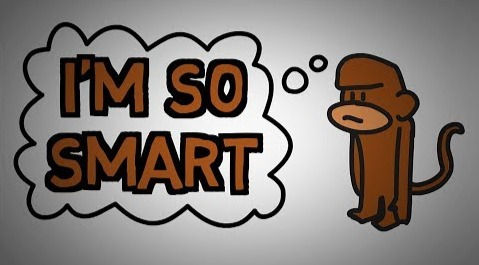
How many times we learn those subjects in our semesters and feel that this is all about it. I have all the knowledge to apply this now. Talk about some practical plans and we do not know where to begin with. We start looking for somebody to give a lead or guidance. But thank god at least we know now that we didn’t know everything. Perhaps we only know a meager amount of the entire subject in practical.
Not talking theories and practices here, but our assumption of excelling at something may only be because of our ignorance of unlimited knowledge that exists. We all tend to overestimate ourselves, even rate our performance higher if our ignorance is well at work, which is general. This is called the Dunning Kruger Effect.
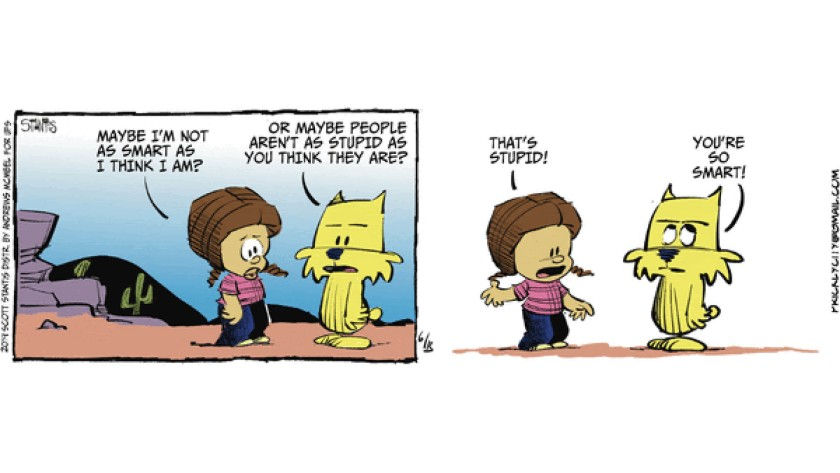
The confidence is borne out of negligence which makes us believe
“I’ve nailed this sphere of expertise”
“I will perform excellently even in the first attempt.”
“This company needs me more than I need this company.”
“Yeah I know other people are good too at this, but I’m different. (And I’m better)”

The name of this psychological effect is not very suggestive because its nomenclature is based on the names of the researchers who discovered this effect, David Dunning & Justin Kruger. So, David Dunning + Justin Kruger + Psychological Effect = Dunning Kruger Effect.
It is yet again a cognitive bias like WYSIATI, Priming Effect, Halo Effect, etc. Why must you know the Dunning Kruger Effect? Because most probably you are under this effect. Don't worry. We all are. Look at this graph.

As you saw there are four stages to the red line. As you move on from ignorance to knowledge, in order to gain competence, a process is at work.
Mt. (mount) Stupid:
This is practically the first stage for anyone who has harnessed some form of knowledge. And if you’ve heard this, the little you know, the more confident you are. In fact, one would not even recognize that s/he is a fish in a small bowl of knowledge, because s/he would lack the capacity to judge his/her exact place out there. As a result, they would overestimate their capabilities.
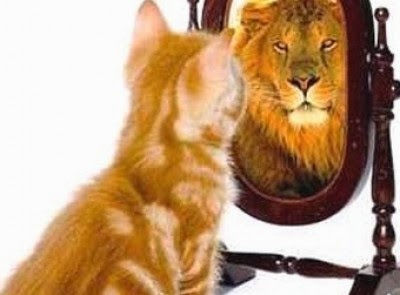
A fool is foolish enough to not know that he is a fool. And the negligence is fueled by overconfidence.
How would a fish in a bowl know where it stands until it knows that there’s an ocean which exists?
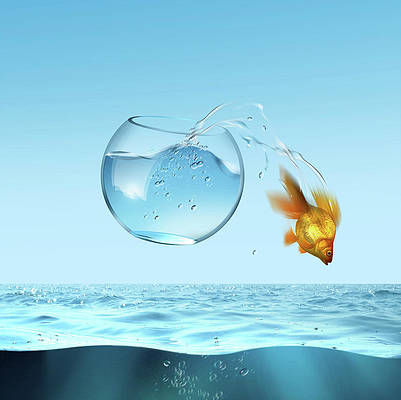
Valley of Despair:
Did you notice the downfall of confidence following the peak of Mt. Stupid? Why did that happen? It was the realization of stupidity. With that, there was a loss of confidence to a point of embarrassment. Imagine dropping that pretentious-genius friend of yours at Harvard School of Business. His confidence will be shattered.

Now, to build that confidence again, one has two ways: negligence and staying in Dunning Kruger Effect or getting up and gaining more knowledge on the subject to build expertise. The latter path is the slope to enlightenment. But the previous path is easier.
Slope of Enlightenment:
All good things take time. This is a slow process of gaining knowledge and building actual expertise in the field. If a person reads 4 books and acts as the God of the Subject, s/he is climbing the Mt. Stupid.

Slope of Enlightenment is not a smooth curve as in the graph. It is rather a series of learning more, building false confidence, shattering confidence, and then learning better next time. Only the height of mt. stupid will be much less with successive learning, because each time s/he will be more prepared to welcome the realization.
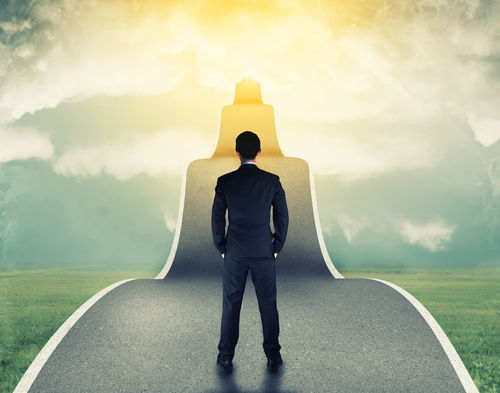
Plateau of Sustainability:
When one reaches absolute expertise and his/her confidence is high solely drunk on knowledge and not ignorance that is the point where the plateau of sustainability begins for that person.
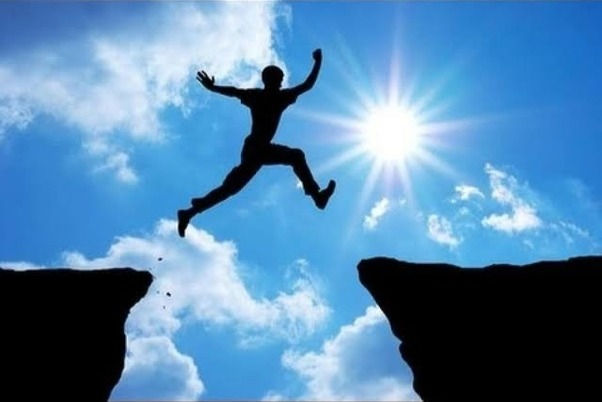
Growth and adaptation happen with learning, unlearning, and relearning. This process continues forever, hence it is doubtful if one ever reaches the plateau of sustainability. Confidence can never be proof of reaching the plateau of sustainability.
You could have learned immensely and still be a fish that reached the sea, not the ocean.



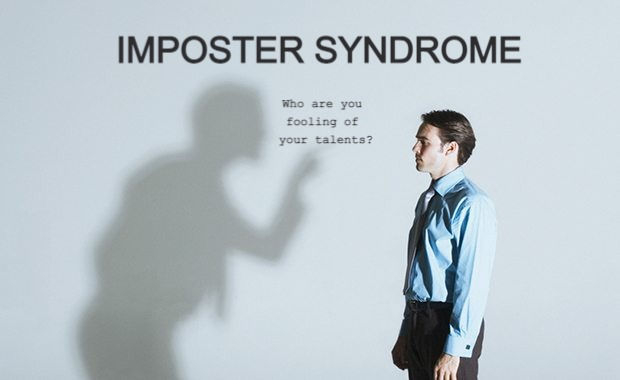
Comments